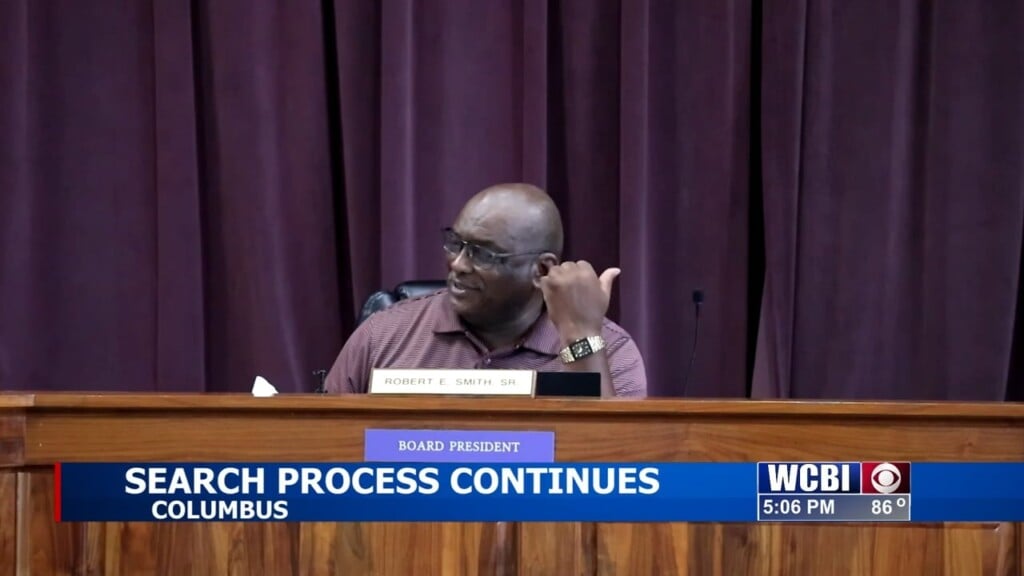Teen Births Down in Mississippi
By Emily Wagster PettusAssociated Press
JACKSON – Republican Gov. Phil Bryant has said for years that one of his top goals is reducing Mississippi’s teenage pregnancy rate, long one of the highest in the nation. Now, he says his administration deserves credit for chipping away at the problem.
“Our fight to reduce teen pregnancy is … vital to our success as a state, and preliminary figures from the Mississippi Department of Health show teen pregnancy has fallen more than 15 percent from 2011 to 2013,” Bryant said July 31 in a speech at the Neshoba County Fair.
However, Mississippi is not alone in seeing a decrease of births to teenage mothers.
The federal Centers for Disease Control and Prevention issued a report this month that shows the U.S. birth rate among unmarried women, including teen moms, “has declined steadily since its peak in 2007-2008.”
That raises some important questions: Is Bryant any more responsible for the reduction in Mississippi than, say, Democratic President Barack Obama is for the reduction nationwide? Did government-sponsored programs make a significant difference? How much did other factors such as the struggling economy, social pressure or access to birth control influence people’s reproductive decisions – even the decision to follow through with an unintended pregnancy rather than end it with abortion?
A chart in the CDC report shows a steady increase in births outside marriage in the U.S. since the 1940s, peaking in 2008. The report says the recent decline of births to unmarried mothers is the steepest the nation has seen since the 1970s.
“The largest percentage drop in nonmarital birth rates between 2007 and 2012 was for teenagers,” according to the CDC. During those years, the birth rate to mothers aged 15 to 17 dropped 30 percent, while the rate for those who aged 18 or 19 dropped 26 percent.
It’s widely acknowledged that teenage parents face plenty of challenges, and that the responsibilities of raising a baby fall more on the young moms than the dads. Compared to their peers without babies, teenage moms are more likely to drop out of high school or college, or to delay completion of their own education.
“If you want to fail in life, if you want to end up being on Medicaid – CHIPs and Medicaid and food stamps the rest of your life – if you never want to have a career, then all you’ve got to do is drop high school and have a baby. And I can almost assure you that’s what’s going to happen to you,” Bryant told about 200 young people at a teen pregnancy prevention conference in December 2012.
CHIP is the state Children’s Health Insurance Program, a government insurance program for children whose families earn slightly too much to qualify for Medicaid.
Mississippi has long been one of the poorest states in the nation. Since 2012-13, the state’s public schools have been required to offer sex education courses. There can be no demonstrations of how to apply condoms or talk about abortion to prevent birth. Parents must give permission for a student to take the classes, and boys and girls are taught separately.
More than half of school districts opted to teach an abstinence-only sex education curriculum, while a smaller number are teaching “abstinence-plus,” which includes more detailed information about birth control. Some chose abstinence-only for younger students and abstinence-plus for older ones.
When he talks to teens, Bryant tells them to abstain from sex until marriage. He has also said frequently that he hopes to end abortion in Mississippi.
–––––
ON THE WEB
CDC report about nonmarital births: http://www.cdc.gov/nchs/data/databriefs/db162.htm





Leave a Reply